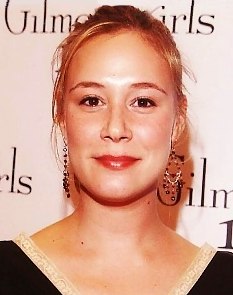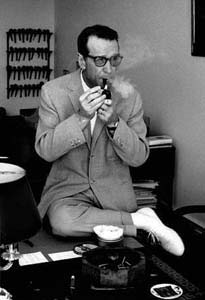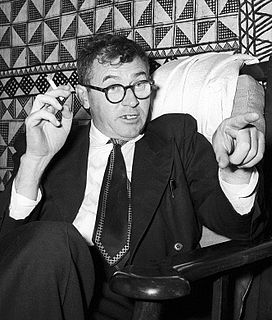A Quote by Walter Dean Myers
I live intimately with my characters before starting a book. I cut out pictures of them for my wall. I do time lines for each major character and a time line for the entire novel: What is going on in the world as my characters struggle with their problems?
Related Quotes
If you do a black character or a female character or an Asian character, then they aren't just that character. They represent that race or that sex, and they can't be interesting because everything they do has to represent an entire block of people. You know, Superman isn't all white people and neither is Lex Luthor. We knew we had to present a range of characters within each ethnic group, which means that we couldn't do just one book. We had to do a series of books and we had to present a view of the world that's wider than the world we've seen before.
I would like to carve my novel in a piece of wood. My characters—I would like to have them heavier, more three-dimensional ... My characters have a profession, have characteristics; you know their age, their family situation, and everything. But I try to make each one of those characters heavy, like a statue, and to be the brother of everybody in the world.
The interesting thing about a lot of serialized television is that it's a blessing and curse. Smart writers really take their time in investing in backstories and characters. As a viewer, you have to invest in them and love them before you can chip away at what's going on more on a deeper level with secondary characters.
I don't only act out of my character; my character reacts to my actions. Each time I why, even if I'm not caught, I become a little bit more of this ugly thing: a liar. Character is always in the making, with each morally valenced action, whether right or wrong, affecting our characters, the people who we are.
Fitzgerald describes the social disillusionments and ballroom romanticism of the young people of the upper classes and the loneliness of Gatsby, who gives large parties and has an extensive social life; yet he is lonely, and his guests scarcely know him.... Hemingway's characters live in a tourist world, and one of their major problems is that of consuming time itself. It is interesting to observe that his works are written from the stand point of the spectator. His characters are usually people who are looking--looking at bullfights, scenery, and at one another across cafe tables.
But to be perfectly frank, this childish idea that the author of a novel has some special insight into the characters in the novel ... it's ridiculous. That novel was composed of scratches on a page, dear. The characters inhabiting it have no life outside of those scratches. What happened to them? They all ceased to exist the moment the novel ended.
As readers, we want not only a strong story, but also characters we can relate to, characters that feel real. We have to find something of ourselves in them. Each character, even those only there to serve the mechanics of the plot, should have a number of layers. The entire world you are stepping into as a reader must feel real. It must have resonance, you must be able to touch the light; smell the smells.




































